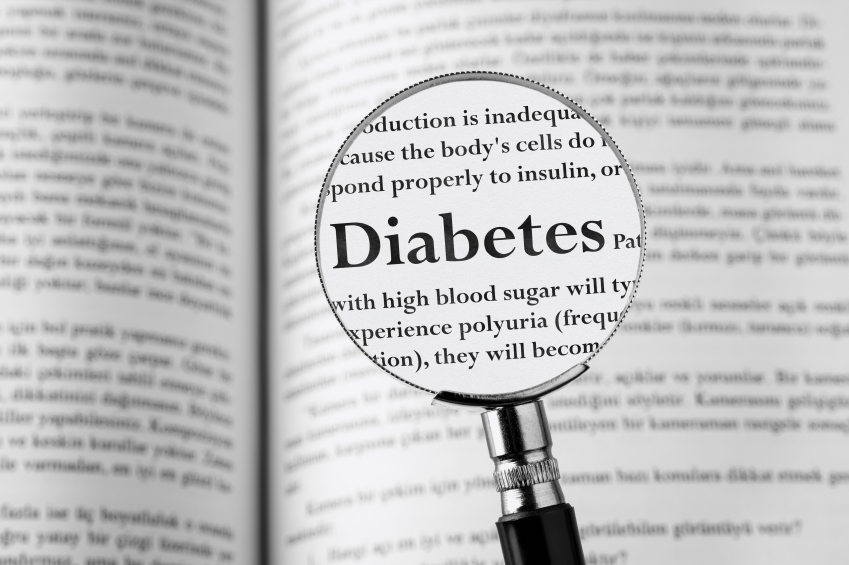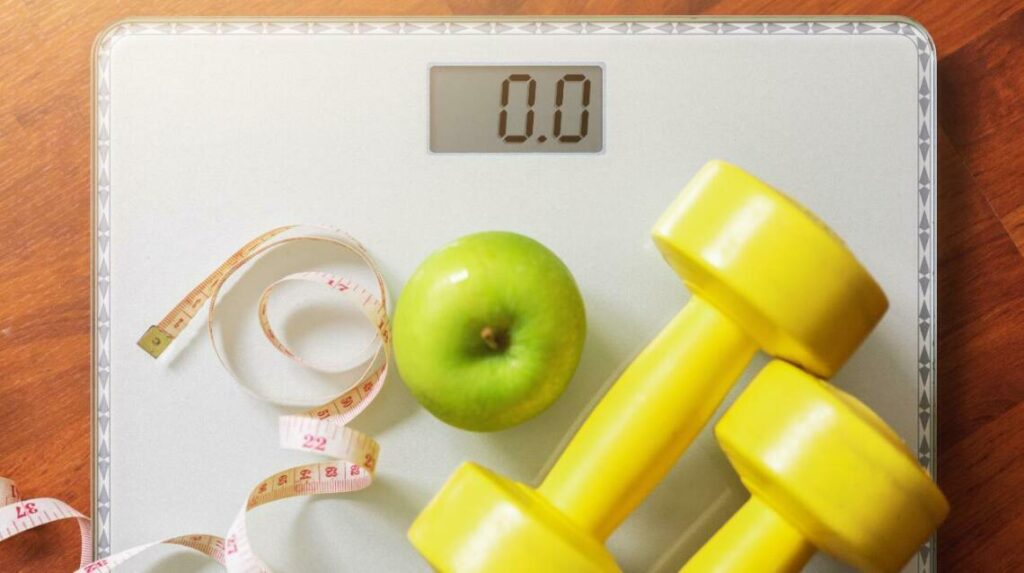Managing Diabetes with Traditional Indian Diets
Picture this… It’s your dad’s 60th birthday, and the table’s loaded with mithai, but he’s eyeing it like a forbidden fruit because of his diabetes. Sound familiar? As the best dietitian in Patiala, I’ve walked families through this exact worry, turning fear into feasts. My client Sunita, a teacher from Chandigarh, was diagnosed last year—her HbA1c was scary high. But with tweaks to her thali, she’s off meds and celebrating guilt-free. Traditional Indian diets are gold for diabetes management; they’re naturally low-GI if you play it right. Here’s how to make them work, step by step. Begin with portion control: Use your hand as a guide—fist for carbs, palm for protein. Swap polished rice for brown or quinoa khichdi, cooked with moong dal and spinach. It releases sugar slowly, preventing spikes. Sunita’s favorite? Bitter gourd sabzi—stir-fried with onions and minimal oil. That kadva Karela’s compounds mimic insulin, dropping blood sugar by up to 20% in studies. Incorporate methi (fenugreek) daily: Soak seeds overnight, add to rotis or tea. It slows carb absorption, a game-changer for post-meal readings. For mains, go for fish or chicken curry if non-veg, or paneer bhurji with capsicum—lean proteins that stabilize levels without boredom. Veggies like okra and drumsticks are stars; steam them to retain nutrients. Snacks matter too: Skip rusks for roasted chana with cucumber. It’s crunchy, satisfying, and fiber-rich. Hydrate with jeera water—boil cumin seeds for a digestive boost that aids glucose control. Track with a simple app, but remember, consistency beats perfection. I’ve prescribed this to countless people at Healthy2BFit, watching A1Cs plummet. Sunita’s journey? From 8.5 to 5.9 in six months, all with home-cooked magic. As the best dietitian in India, I know culture clashes with health. But it doesn’t have to. Struggling with your numbers? Don’t go it alone. Contact Healthy2BFit now for a diabetes blueprint customized to your plate. Book that call at 7986111096—your steady sugars (and happy family dos) await. “Sehatmand Raho, Sukhi Raho!” (Stay Healthy, Stay Happy)
Managing Diabetes with Traditional Indian Diets Read More »










